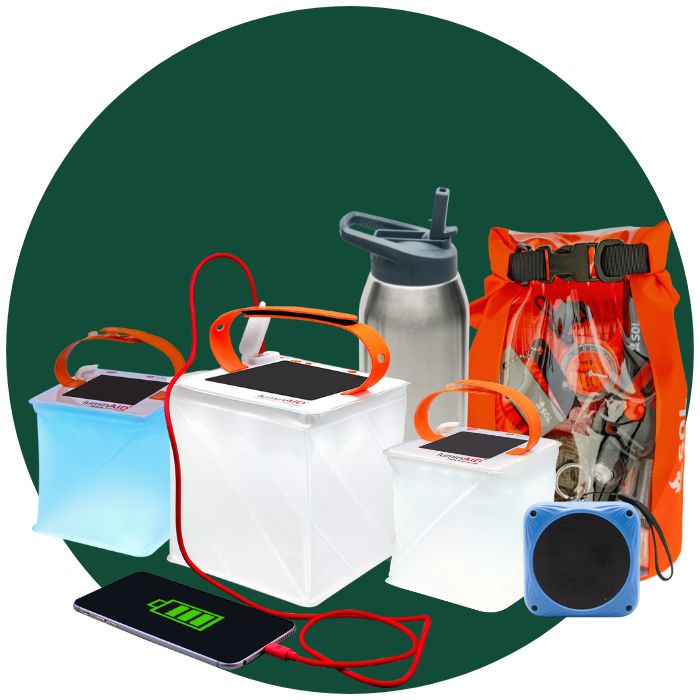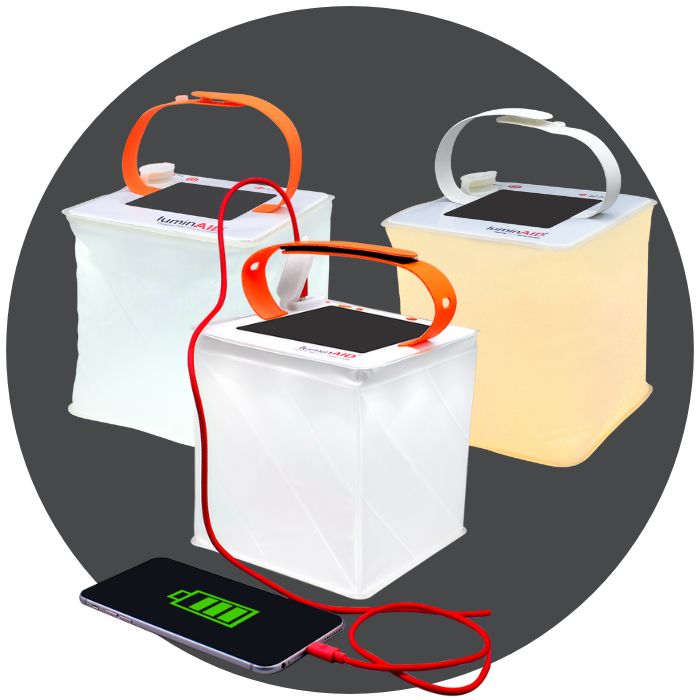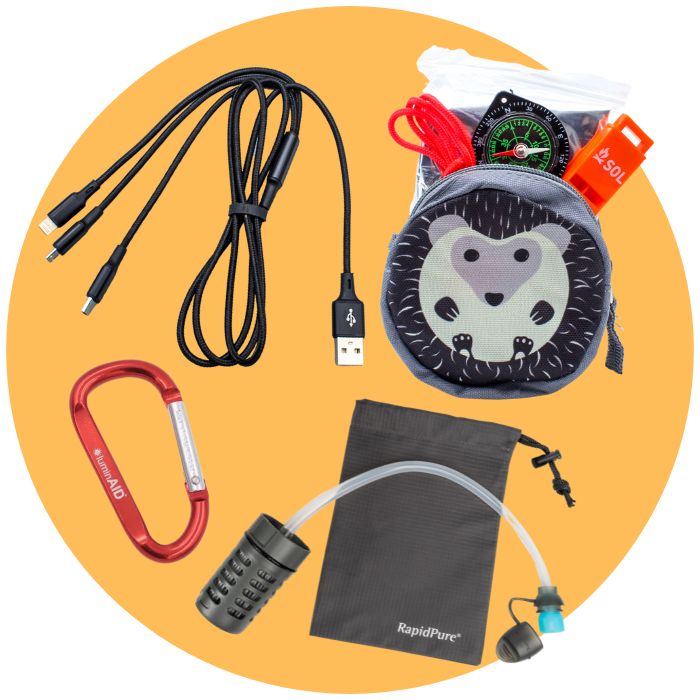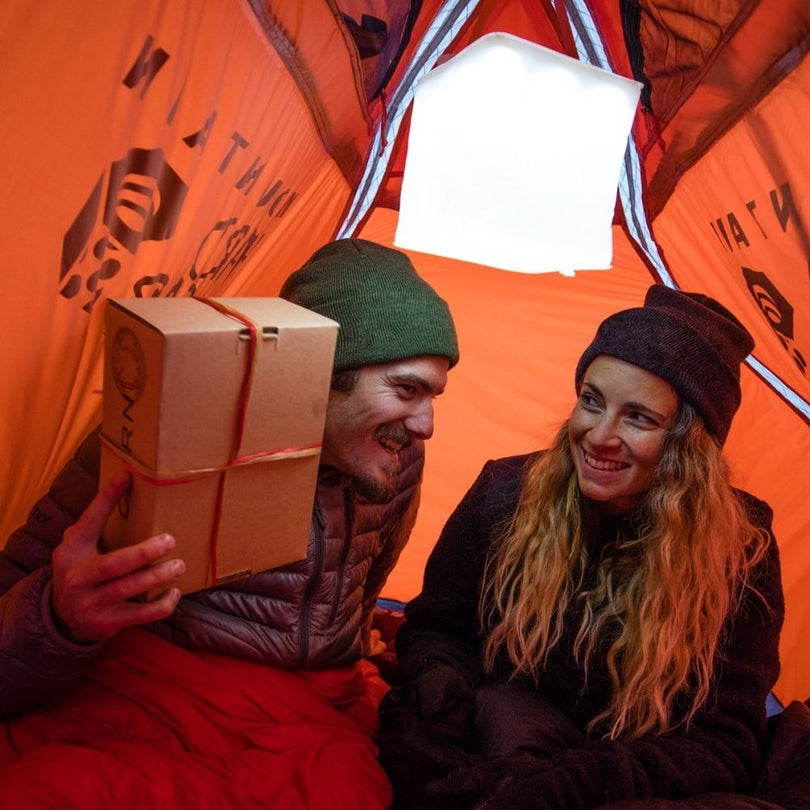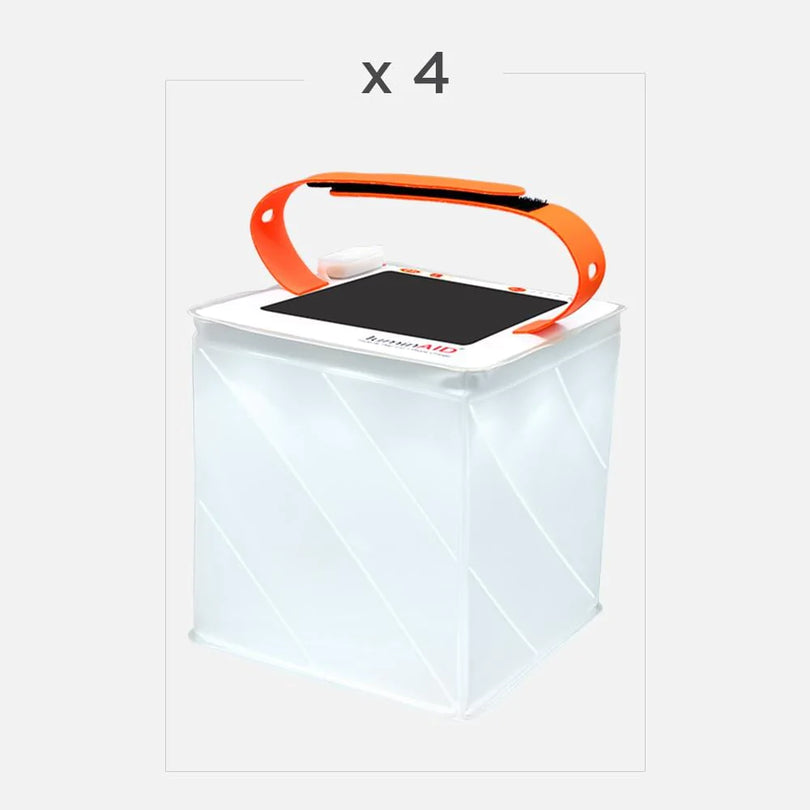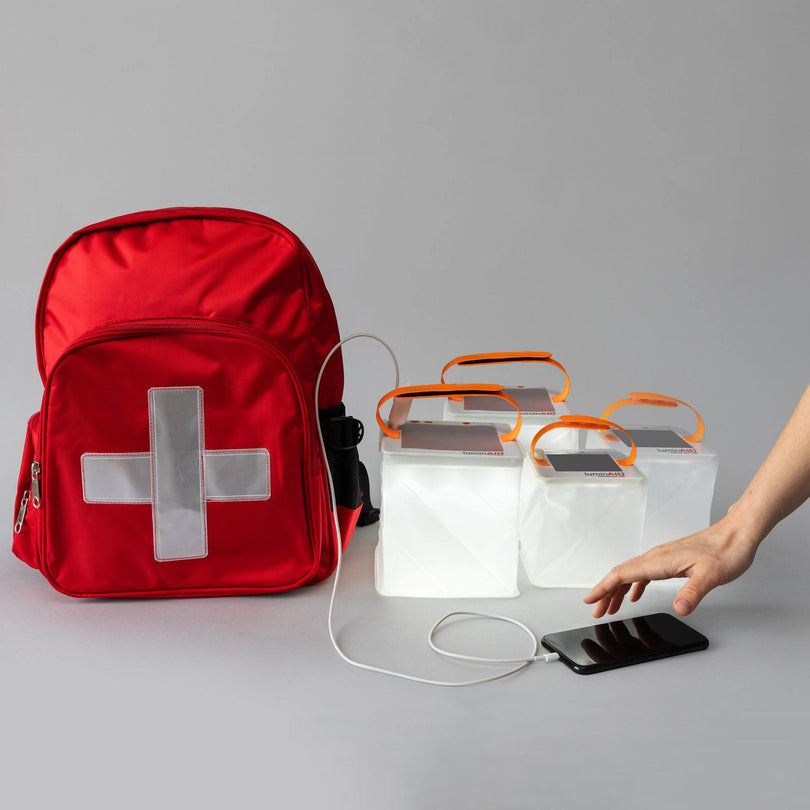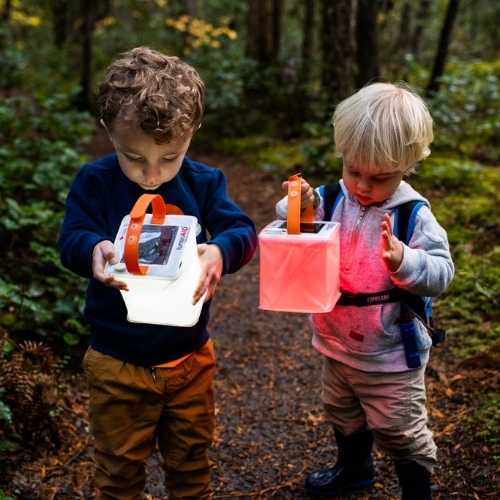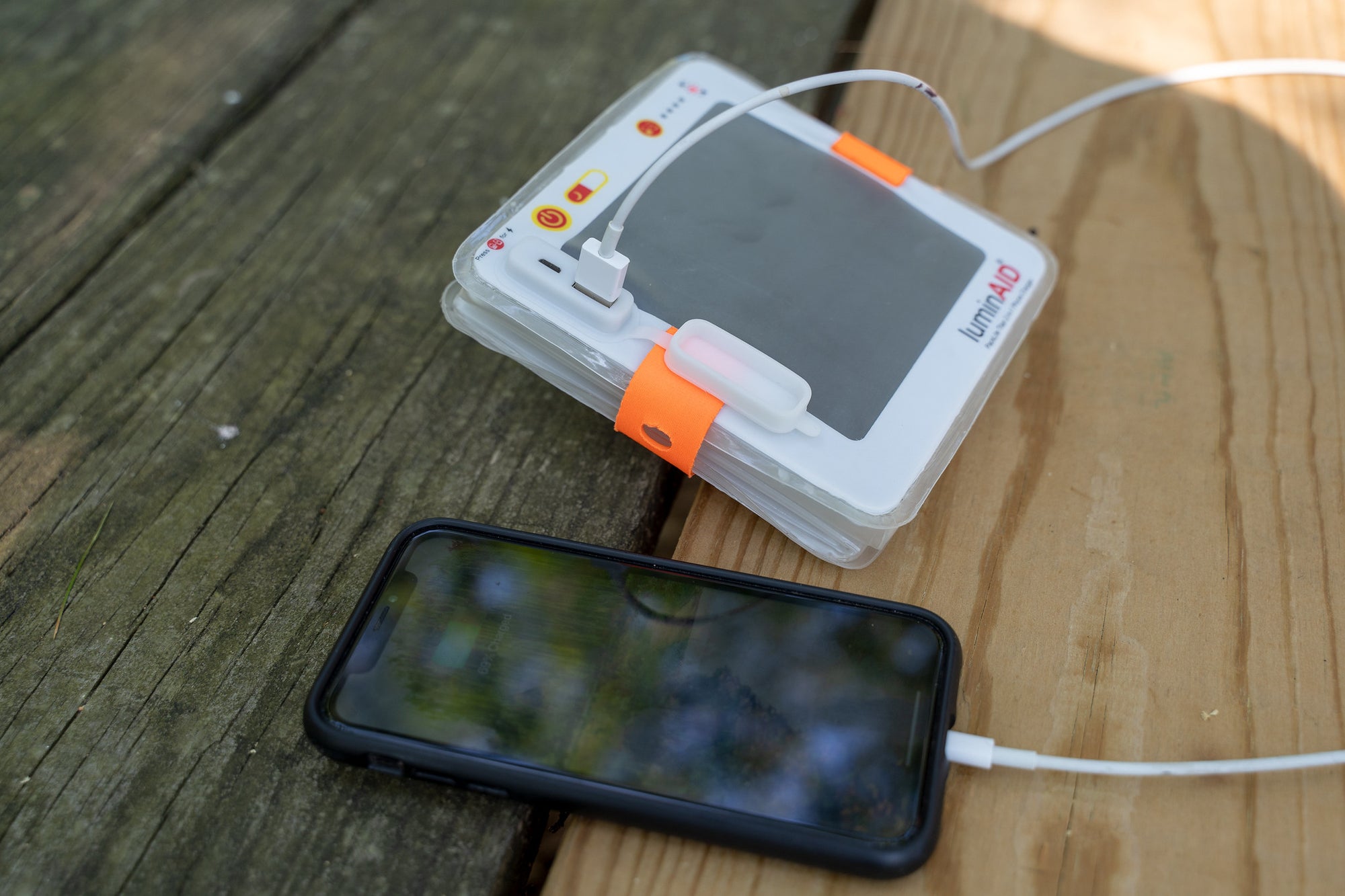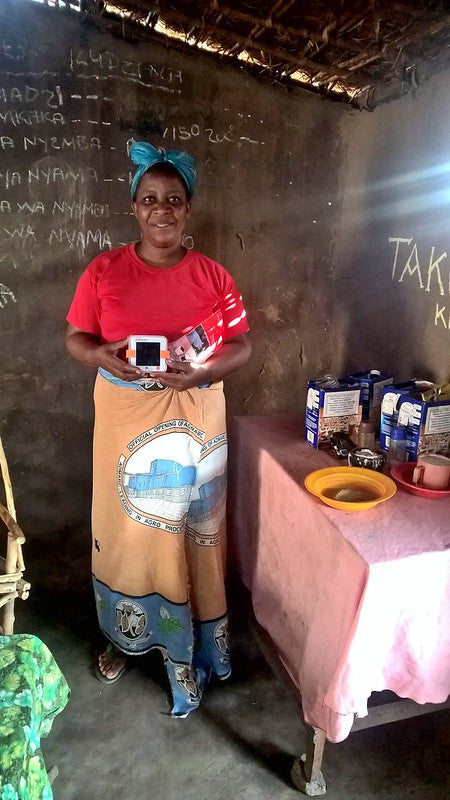In this Notes From the Field, we were able to learn from our customer ShelterBox about how those affected by severe storms in the Philippines rally to rebuild their lives through creative usage of the materials and aid given to them by response teams, including our own solar lights.
ShelterBox is a disaster relief organization that provides much-needed supplies to displaced families. Their signature green boxes contain a variety of tools, equipment, and materials tailored to fit the climate and needs of families at the locations of disaster. LuminAID has been a proud ShelterBox provider for over 6 years, and our solar lights have been distributed to help provide long-lasting and rechargeable light to families affected by earthquakes, floods, landslides, typhoons, and conflict.
The items that ShelterBox distributes have proven invaluable to families recovering from disaster. In the aftermath of Tropical Depression Usman in the Philippines, villagers like Benito and Rosa made effective use of these new and portable light sources to maintain their livelihoods and support two different sources of work.
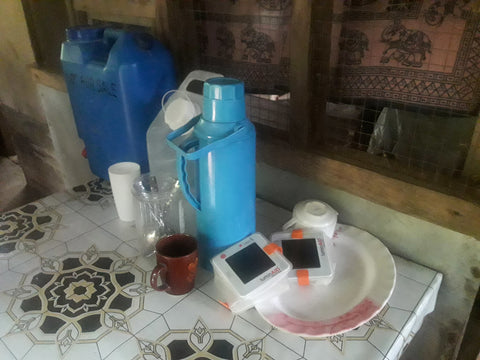 Benito and Rosa have lived and operated their shop for the past eight years, and have made their livelihood from the items sold in their shop as well as through harvesting crops. According to our customer ShelterBox, severe weather can destroy existing artificial light sources such as flashlights and lanterns, which normally allows workers to harvest and farm later into the evening and increase revenue. Waterproof solar lights help fill the void of flashlights, lanterns and other electronics lost in the storm. ShelterBox response team members also have heard that LuminAID lights actually help relieve the financial burden by performing as an effective substitute for families reliant on kerosene lamps. Helping save about 10-20 peso (20-40 cents) each night, solar lamps can stay lit for up to 12-14 hours at a time with no additional cost as long as they are kept charged. In addition, for those families who previously had no source of portable light, solar lights give them the ability to generate income through farming into the evening, which is especially helpful to the stabilization and recovery of villagers in the critical months after a major disaster.
Benito and Rosa have lived and operated their shop for the past eight years, and have made their livelihood from the items sold in their shop as well as through harvesting crops. According to our customer ShelterBox, severe weather can destroy existing artificial light sources such as flashlights and lanterns, which normally allows workers to harvest and farm later into the evening and increase revenue. Waterproof solar lights help fill the void of flashlights, lanterns and other electronics lost in the storm. ShelterBox response team members also have heard that LuminAID lights actually help relieve the financial burden by performing as an effective substitute for families reliant on kerosene lamps. Helping save about 10-20 peso (20-40 cents) each night, solar lamps can stay lit for up to 12-14 hours at a time with no additional cost as long as they are kept charged. In addition, for those families who previously had no source of portable light, solar lights give them the ability to generate income through farming into the evening, which is especially helpful to the stabilization and recovery of villagers in the critical months after a major disaster.
Popular crops farmed include abaca, a popular fibre, root vegetables, and most prominently, coconuts. Copra, the processed and dried meat of the coconut, is especially prized. Benito explained that the storm’s ravaging effects had lowered the price of copra, and so the couple’s income was far more reliant on the small storefront they operate in front of their home.
Having little warning about the severity of the storm, Benito and Rosa lost many items and access to electricity, but they have made use of solar lights to illuminate their store and make the running of their store easier while they are lacking access to stable electricity. Benito was ultimately very happy with the items he received from ShelterBox, noting that they were “exactly what he wanted to help make things better for him and his wife.”
Learn more about our mission to share safe light around the world.

